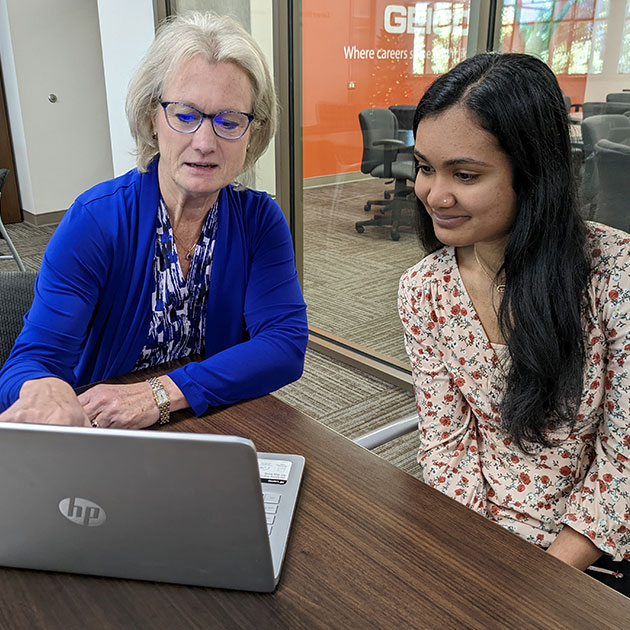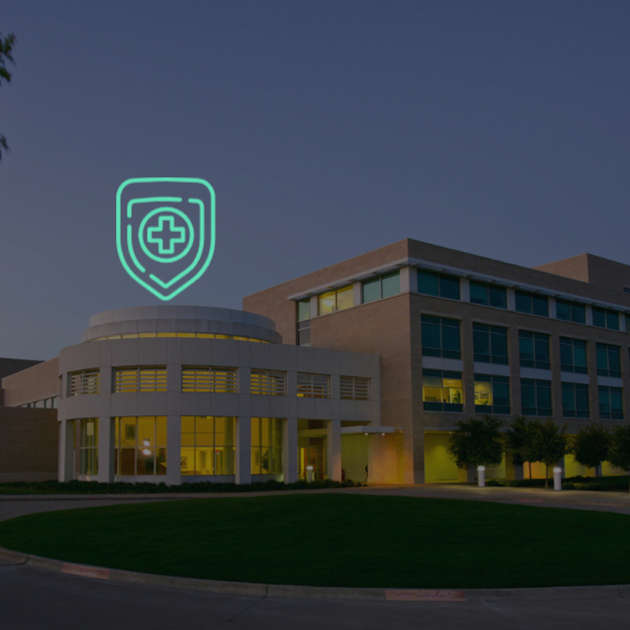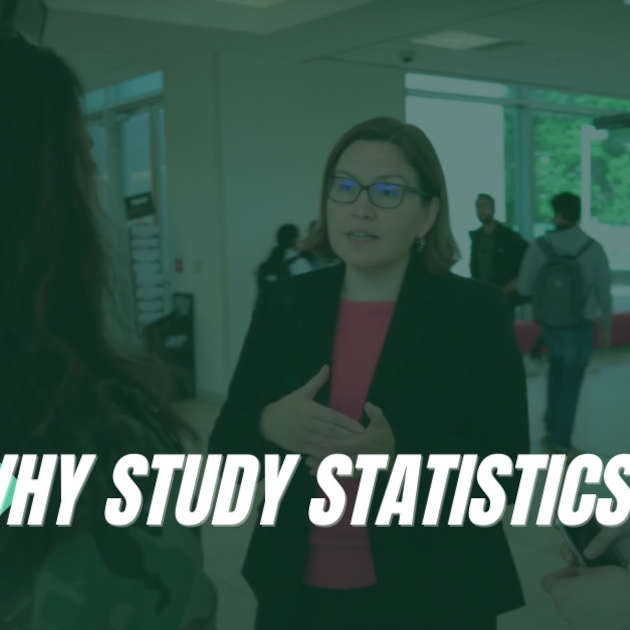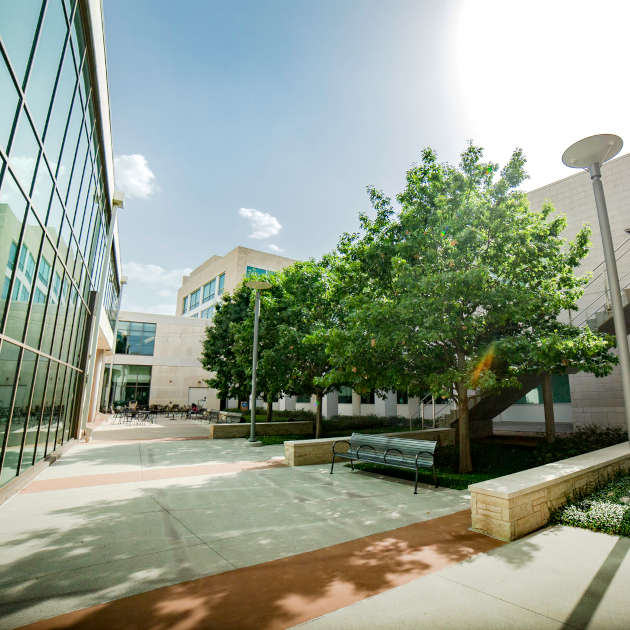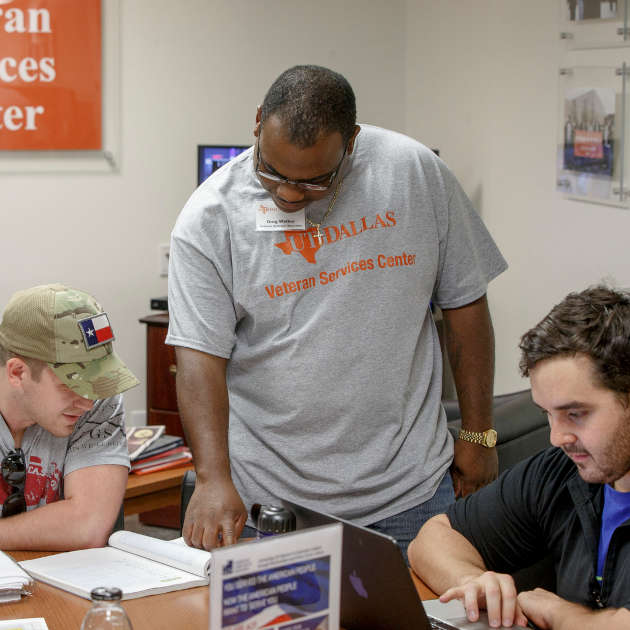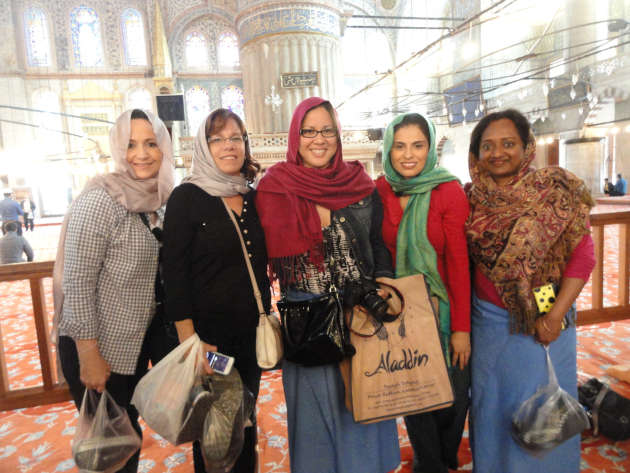
The purpose of this trip with our second-year Executive MBA students was to compare and contrast these two adjacent, but very different, countries. Greece was a regional powerhouse less than 50 years ago and now has a declining economy that is making headlines every day as the country struggles for a sustainable future. Yet just across its eastern border, Turkey has seen double-digit growth in its GDP in recent years. The two countries’ cultures are vastly different, including religion (Greek Orthodox and Muslim) and their currencies (the euro and the Turkish lira). The two have emigration or immigration issues. Young Greek professionals are leaving their mother country (brain drain), and refugees from the ISIS war in Syria are immigrating to Turkey. The European Union may push Greece out of the Euro Zone, and Turkey is unable to get into the EU.
While we were in Athens just a few short months ago, we had the opportunity to meet with the chief economist of the Bank of Greece. Talk about relevant!
We also met with a group of Greek entrepreneurs who shared their respective visions with our students and what it takes for a startup to survive.
Other company visits in Athens included a meeting with the CFO of Dolphin Capital Investors, which is an early stage, master-planned, leisure-integrated residential resort and real estate investor. He talked about the limited opportunities for growth along Greece’s shoreline.
We met with a representative of the mayor’s office who leads the Athens Convention Bureau and were stunned to learn that despite Greece’s dependency on tourism, only four individuals are dedicated to this office.
In Istanbul, we met with the law firm of Moroglu Arseven, which developed legislation for an oil-and-gas distribution network within Turkey. The firm’s freshly minted attorneys gave presentations on the various kinds of energy and energy demands in Turkey. This provided them an opportunity to practice the presentations they plan to make to U.S. business professionals.
We met with the head of investor relations with Koc Holdings, a significant conglomerate that generates 10 percent of Turkey’s GDP after a humble beginning in 1926 as a single grocery store.
Thanks to one of our students, we had a site tour of the Corning manufacturing facility outside Istanbul, where fiber is manufactured. We also had a meeting with Turkish Airlines to better understand its incredible growth over the past 10 years.
Even from a cultural perspective, we experienced dramatic diversity. We took in the Acropolis and the Olympic Stadium in Athens, and in Istanbul, we visited the Spice Market and the Blue Mosque. Some students chose to attend Greek Orthodox Easter services, and five times each day we were reminded of the Muslim call to prayer in Istanbul. One of the highlights of the trip was our farewell dinner cruise on the Bosporus (belly dancer included).

